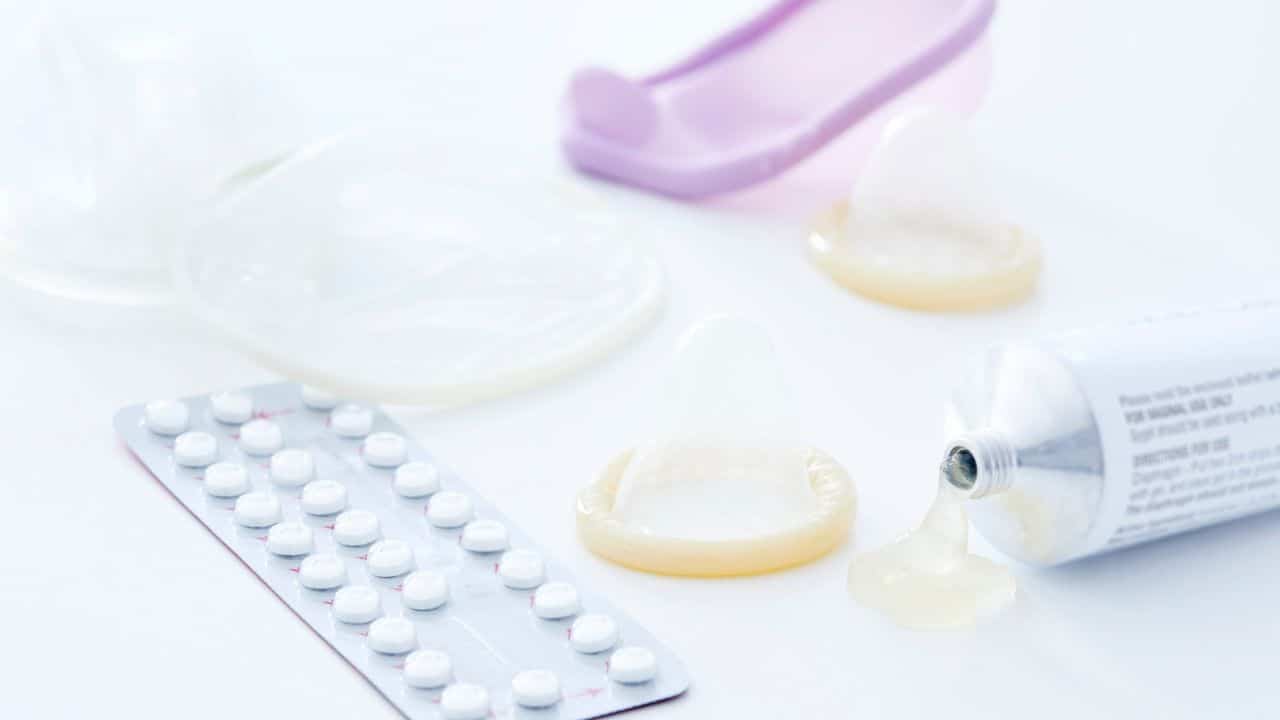As men age, their bodies go through a series of changes, each determined mostly by testosterone levels. Your hair might start greying, your skin may start to become more lined, or you may find that you’ve put on a few extra pounds.
But, like the rest of your body, your penis is subject to time as well. This is because, from about the age of 40, the amount of testosterone your body produces starts to decline, leading to changes in the appearance and performance of this all-important organ. This is why penis health for men in their 40s is so important.
What penis changes to expect in your 40s
Physical appearance
As mentioned above, your body slowly starts to produce less testosterone as you age, this is mainly due to the increased production of a protein called sex hormone-binding globulin (SHBG), which attaches itself to the testosterone in your blood and controls the amount allowed in your blood, as well as which tissues testosterone is allowed to access. This decrease in the male sex hormone causes body changes both in form and function, including in your penis.
Your scrotum may begin to sag around this age and your penis may start to lose some of its colour and appear paler. Because of the decline in testosterone penis ageing starts to occur. This manifests in a decline in function, as well as physical changes, such as changes in the size, shape and complexion of your penis.
Additionally, because of a decline in a chemical called melanin, which gives hair its colour, you can also expect your public hair to start turning grey. However, what age this starts to happen is mostly due to genetics.
Changes in the complexion of the penis are due to reduced blood flow to the organ, which may lighten the colour of the skin on the penis.
Changes in size may also occur. This can either be due to increased belly fat, making the penis appear shorter than it is, or, in some instances, the penis has actually shrunk because of reduced blood flow and lowered testosterone levels. A build-up of scar tissue could also cause the penis to appear smaller.
Additionally, as men age, their testicles may shrink by up to a third. They may also develop Peyronie’s disease as they age, which is a distinct bend in the penis. In some cases, the bend is so significant that sexual intercourse becomes impossible. In this case, men should see a urologist.
Sexual function
From your 40s onwards, achieving an erection starts to become more difficult. It’s still possible to get one but it may require a lot more physical stimulation now. This is because your penis naturally loses sensation with age.
Testosterone starts to decline from about the age of 35 and decreases by 1% every year, however, depending on genetics, it could be faster for some men. Because of the decrease in testosterone, you could experience a significantly reduced sex drive to that of your 20s or 30s.
Additionally, the chances of developing erectile dysfunction (ED) usually start around this age. From the age of 40, men tend to experience three fewer erections per month, and from 45 onwards, quality of sperm will start to decrease as well.
Towards the end of their 40s, men have an increased risk of andropause, the male equivalent of menopause, which means a further reduced sex drive. Which also leads to difficulty in achieving and maintaining an erection. The dopamine rush that comes with an erection also starts to diminish as well.
Urinary Function
It’s recommended that men in their 40s start seeing a urologist regularly. This is because it’s important to make sure you’re looking after the health of your prostate, urinary, and sexual health.
In your late 40s, you may find that you need to urinate more or that you have trouble doing so. This is often due to an enlarged prostate. Having an enlarged prostate is just part of getting older but if you find yourself constantly needing a trip to the bathroom, it can start to disrupt your everyday life.
As your prostate begins to enlarge with age, from your 40s onwards, your risk of developing penile and testicular cancer will increase too. This is another reason not to skip your check-ups.
An enlarged prostate can often be treated with a few lifestyle changes like including more penis-friendly food in your diet. However, if that doesn’t help, there is always medication as well as an in-room procedure or, if necessary, surgery. This is another reason not to skip your check-ups.






